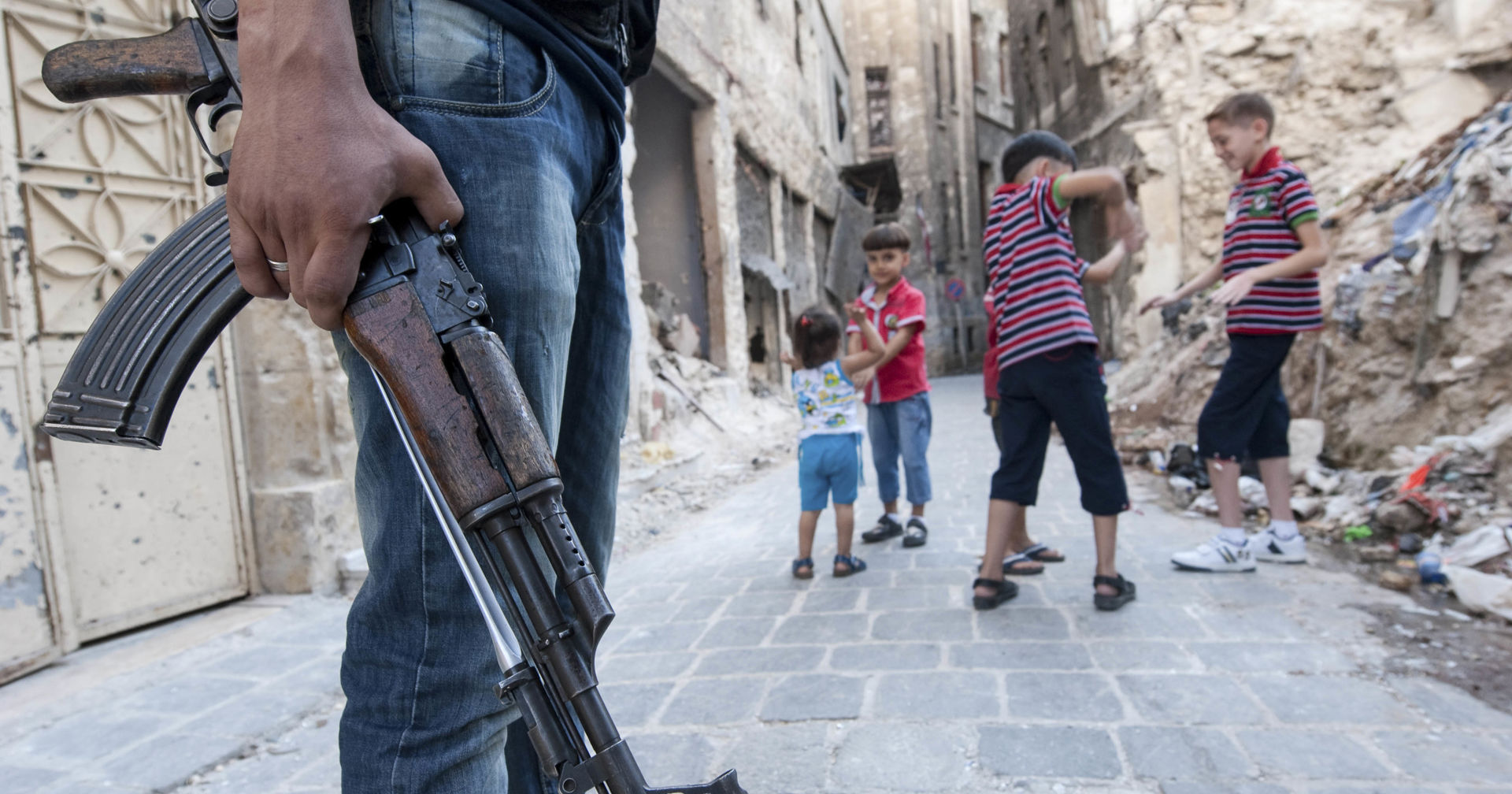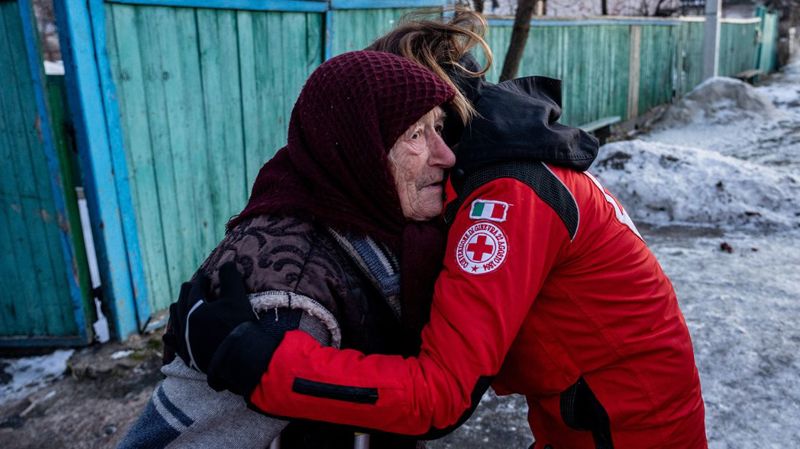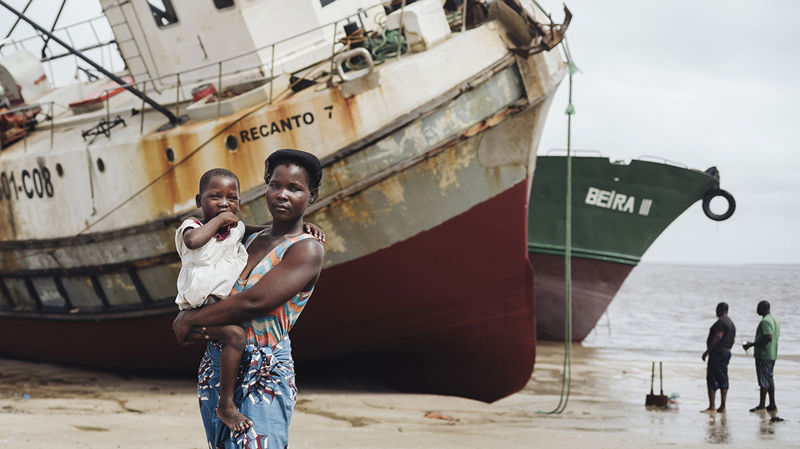Wars

Wars cause destruction and insecurity and force people to leave their homes. Today’s wars are increasingly complicated and can involve many factions.
There are several wars constantly going on around the world. Today, wars are seldom purely between countries. Many of them are civil wars of some kind, in which different armed groups fight the state or each other. There can be several separate armed conflicts going on at the same time within the same country between different armed groups operating on different principles.
Wars now last longer than they used to: millions of people are constantly living in countries going through a prolonged crisis.
Wars are different from natural disasters, as the destruction caused by them is a direct consequence of human activity. Aid work is more challenging during war than natural disasters due to the threat of violence and general insecurity involved. Furthermore, in many countries in war, climate change also increases people’s vulnerability and makes aid work more difficult.
Civilians suffer from the consequences of war
Civilians suffer in wars that are increasingly fought in the midst of people's daily lives in cities and villages. If the factions involved use explosive weapons in densely populated areas, the majority of the resulting casualties are civilians. People die and are injured in battles. The psychological effects of war are severe and can last a long time.
War prevents people from living their normal everyday life. Wars destroy vital services, such as electricity and water distribution networks, communication connections, roads and health care and other services. They make it difficult for adults to make a living. Children may not be able to go to school. The collapse of services and general impoverishment caused by war often lead to famine and disease epidemics.
People often have to leave their homes due to battles and decreased safety. Violence, or the threat thereof, is the world’s most common reason for people leaving their homes. Most flee within their home country. The majority of people fleeing violence seek shelter with relatives and acquaintances, for example – not in camps. Having to flee often puts them in an even more difficult position. They are in an unfamiliar environment without the familiar safety network that they have back home.
The Red Cross is helping during wars
The Red Cross was originally founded in the 1860s with the express purpose of helping people wounded in war. This work has since been expanded and continues to this day.
The Finnish Red Cross:
- helps and protects civilians, people captured in wars and the wounded
- visits people captured in wars and monitors their living conditions, searches for missing family members, reunites families and conveys messages
- spreads information about the international laws of war, i.e. humanitarian law, supervises compliance with rules and aims to foster respect for the rules
- distributes food aid, water and other necessities to people afflicted by war, provides health services, helps people rebuild their livelihoods
- works to reduce the use of landmines and to help people injured by mines
- supports long-term work towards recovery from war, such as rebuilding societal functions and securing livelihoods and services.

Donate
